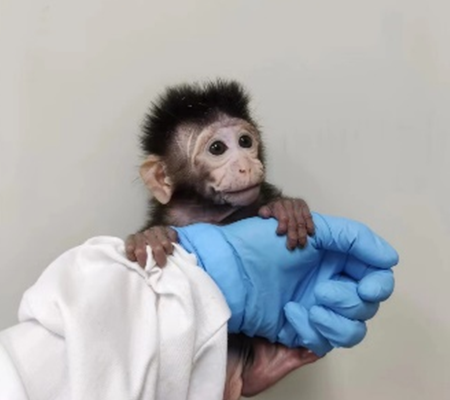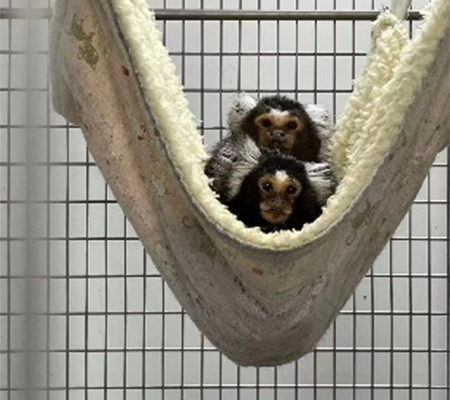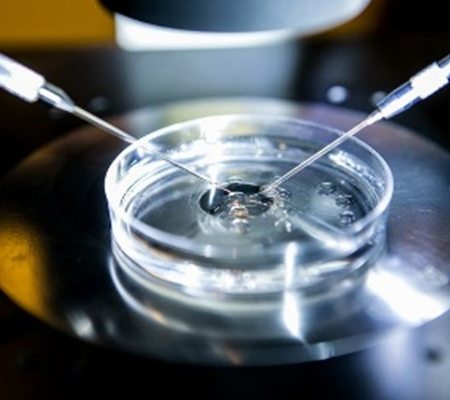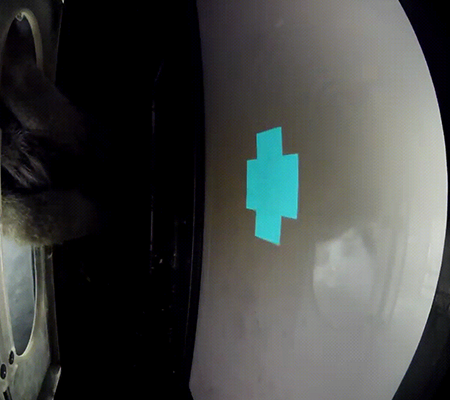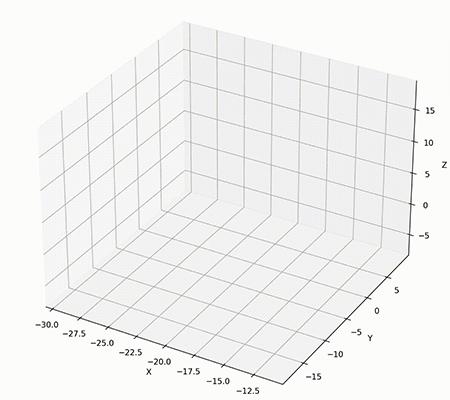The Non-Human Primate (NHP) Research Center is a core facility of BCBDI. The center is a comprehensive technical service center that provides several experimental resources and technologies, for example, the generation of disease models and gene-editing-based new models, behavioral analysis, electrophysiology, and standard breeding. In 2018, our Animal Care and Use Program obtained full accreditation from AAALAC (Association for Assessment and Accreditation of Laboratory Animal Care). Our goal is to create a world-class comprehensive non-human primate research center.
NHP Resources
We keep several NHP species, including Macaca fascicularis (Cynomolgus macaques), Macaca mulatta (Rhesus macaque), and Callithrix jacchus (Common Marmoset).
NHP Disease Models
Our professional group is capable of providing several NHP disease models for different research purposes. Based on gene-editing technology CRISPR/Cas9, we have generated new disease models for Alzheimer’s disease and autism spectrum disorder. Other non-gene editing-based models are well established, including the stoke model, chemical-induced models for seizure, Parkinson’s disease, and addiction models.
NHP research techniques
We hold cutting-edge technologies, including sophisticated behavioral analysis paradigms such as touchscreen-based cognitive evaluation and deep-learning-based social interaction behavior analysis algorithms. We regularly apply multiple invasive and non-invasive techniques to monitor brain activities such as extracellular electrophysiology recording, two-photon imaging, EEG recording, and fMRI, etc.
Cognition: A cynomolgus macaque performed a match-to-sample task
Social: The social interaction trajectories of two cynomolgus macaques extracted by deep
Responsibility
The well-being of our animals is a top priority. Our team is dedicated to the health and welfare of our research animals. We are committed to good scientific practice, ethical conduct, and the 3R Principles (Replace, Reduce, Refine). In 2018, our animal care and use program obtained full accreditation from AAALAC.




